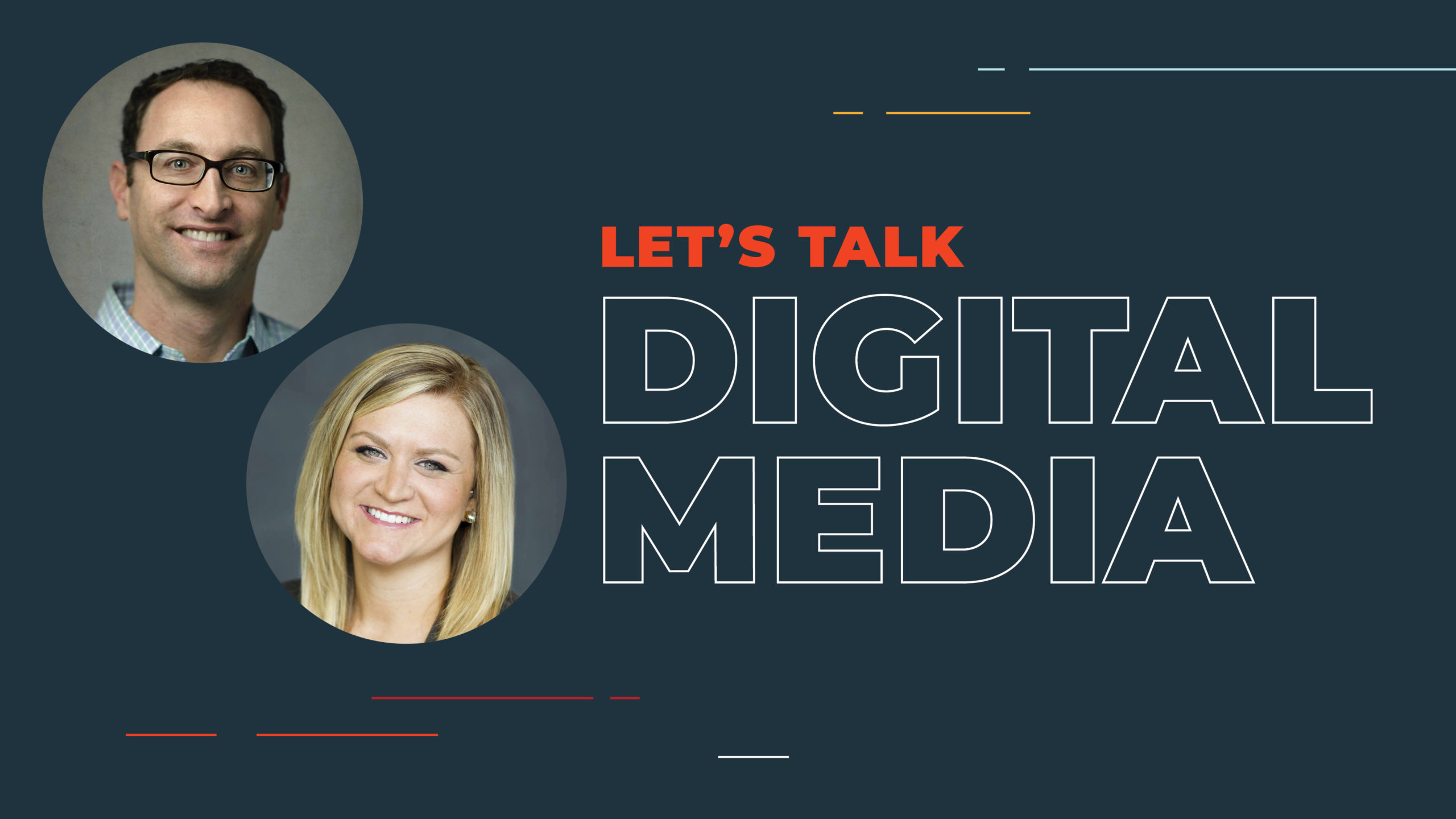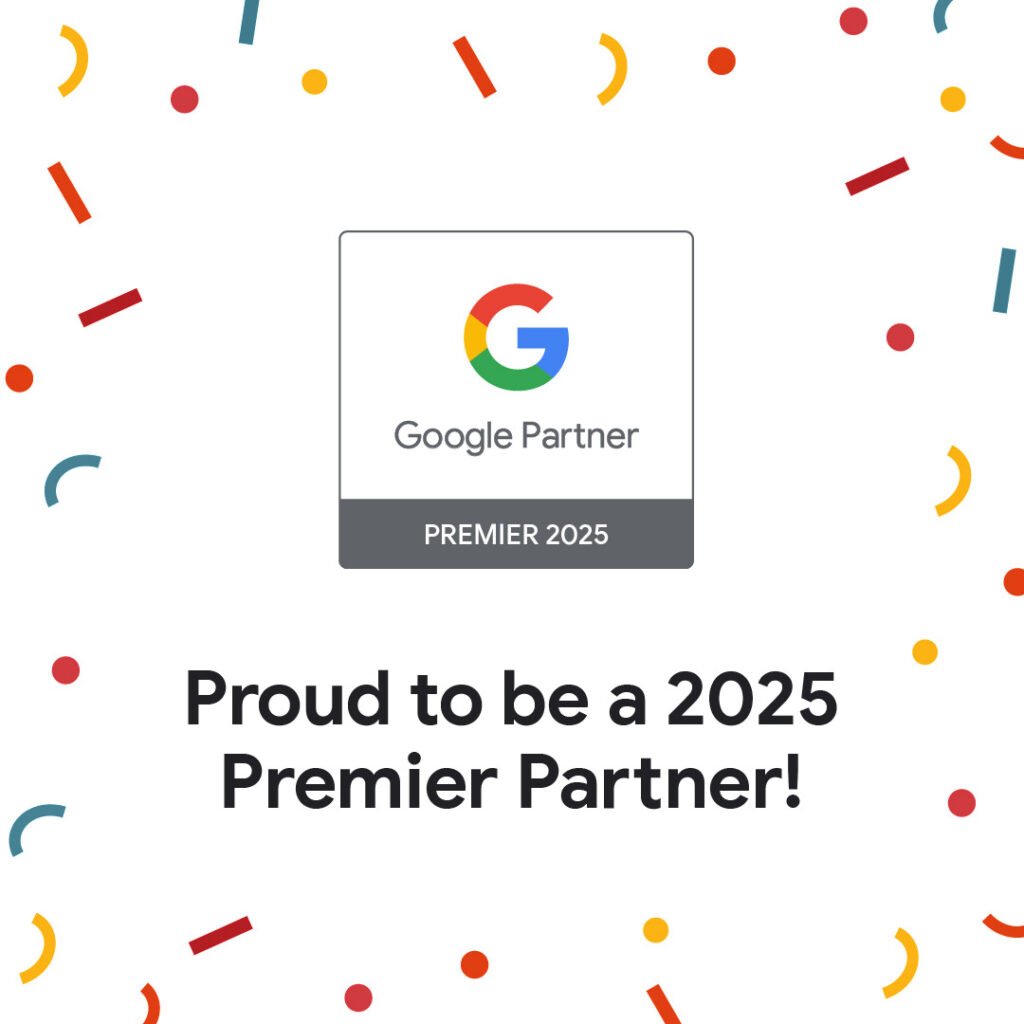ZLR Ignition experts weigh in.

The last few weeks advertising and marketing trade publications have been covering a handful of polls that reveal interesting trends in digital media buying. eMarketer just came out with its study that predicts this year — 2019 — will be the first that digital ad spending surpasses traditional. According to eMarketer, digital spending will reach $129.34 billion while traditional spending will fall to 45.8 percent of total dollars spent. The big players? Google, Facebook with Amazon making significant efforts to catch up.
But with this huge growth in digital media spending comes an increased need for a very specific skill set: data analysis. Because digital media comes with a host of success metrics (CPM, click-throughs, CPC, impressions, and on and on), weeding through the data to truly understand results is difficult. In fact, a poll recently conducted by Marketing Land found that “72 percent of agency marketers said data science and analysis will be the technical skill most in demand at agencies in the coming years.”
At ZLR we’ve been on top of this trend for a while. Our digital advertising spend across all clients has surpassed traditional since 2017. And we’ve got a very talented team whose data science skills are top-notch. So, we sat down and gathered insights on the latest polls from ZLR staff Scott Krecl and Jess Kennedy.

What is the most important thing a marketer should keep in mind when they hear that digital media buying is surpassing traditional?
Kennedy: Marketers should keep in mind that digital media encompasses so much more than banner ads. When I started in 2010, banner ads and paid search were the only tactics used. Digital media has evolved to Connected TV, gaming ads, social media, streaming music services and native.
Krecl: The shift in ad spending is a nod to how media folks are allocating dollars to reflect the habits of their target audience. For example, advertisers are taking some of their traditional TV dollars and placing them in the digital version of TV like OTT. It’s the same programs and networks in a lot of the cases, but a change in how those programs are delivered and consumed.
How do you know when and how to place digital media over traditional?
Krecl: At ZLR our philosophy or approach with every client is to look at the brand from the outside in — making decisions based on the audience thoughts, feelings and behaviors. That’s true for our research and creative work as much as it’s true for media buying. The first thing we do is find out where and how your audience is consuming media and then spend budgets accordingly. For some clients that answer isn’t digital media. For many others it is. Always consider where the audience is first.
How do you keep yourself sharp on data analysis skills? So you don’t lose it or get rusty?
Krecl: You really need to be immersed in digital on a day-to-day basis. It is an ever-changing landscape and if you are not working on it consistently, you can easily fall behind. That’s why it’s so hard for people who have dual roles to stay on top of it.
It is also important to read the trades and get regular updates from your digital vendors. Some people don’t enjoy that part of media, but the sales reps know what’s new and emerging for their company and often your competitive set.
How do you help your non-data savvy colleagues and clients better understand the work you do and most importantly the insights/analysis you provide?
Kennedy: The first thing to do is explain the basics. With any new client or colleague, I start off with a digital glossary and explain industry benchmarks for each tactic. At the same time, I try to avoid using too much media jargon or acronyms. It typically leads to more confusion. So I try to use easy to understand wording which leads to everyone starting on the same page. It also gives an opportunity to teach the client new terms and get them interested in digital.
I know I’ve done a good job explaining my work if the clients or coworkers are excited about the insights and ask informed questions.
As this has been identified as an area where there is lack of talent, what would you tell students or those new to a marketing job about the need and how to get their foot in the door?
Kennedy: Network. If you know of someone who has worked in data analysis or digital media, reach out to them to talk. Ask questions about why they like their job, what excites them and how they got into the job.
Along with that, do your research. If you are looking at jobs in digital media, show you have done research on industry happenings, trends and issues. This shows that you are interested in the topic and willing to keep your skills sharp.
Let’s
Let’s


 Back
Back




